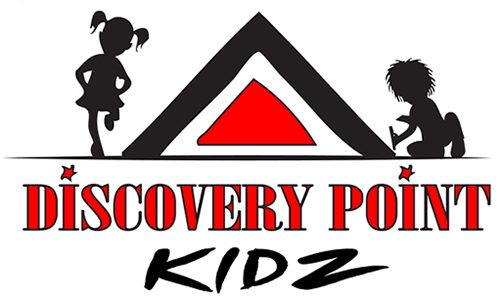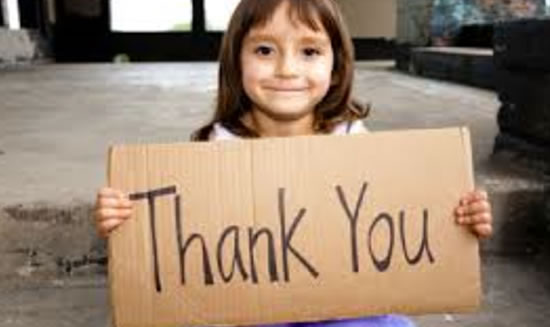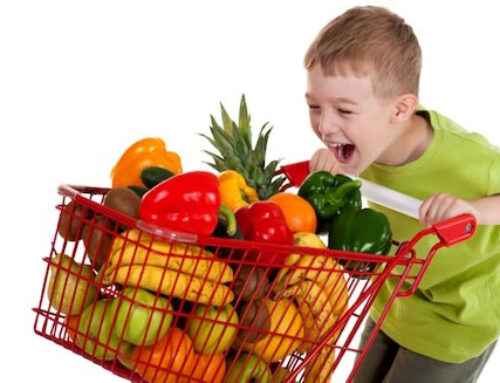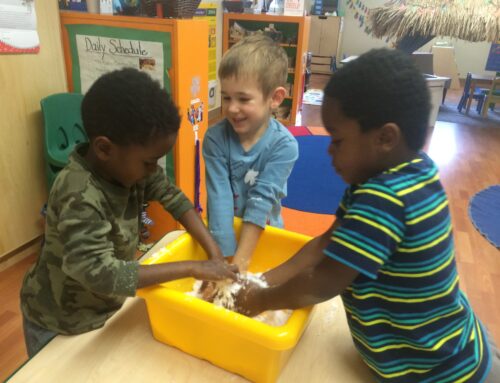Teaching Gratitude in Preschool
It is human nature to have feelings and to react in certain circumstances. It is our job as educators and parents to help our children learn to understand their feelings and how to cope with them.
Gratitude is one of the trickiest concepts to teach toddlers and preschoolers — who are by nature selfcentered — but one of the most important. Sure, thankful children are more polite and pleasant to be around, but there’s more to it than that. By learning gratitude, they become sensitive to the feelings of others, developing empathy and other life skills along the way, says
Barbara Lewis, author of What Do You Stand For? For Kids (Free Spirit Publishing, 2005). Grateful kids look outside their one-person universe and understand that their parents and other people do things for them — prepare dinner, dole out hugs, buy toys. “On the flip side, kids who aren’t taught to be grateful end up feeling entitled and perpetually disappointed,” says Lewis.
Indeed, instilling grateful feelings now will benefit your child later in life. A 2003 study at the University of California at Davis showed that grateful people report higher levels of happiness and optimism — along with lower levels of depression and stress. The catch? “No one is born grateful,” says life coach Mary Jane Ryan, author of Attitudes of Gratitude (Conari, 1999). “Recognizing that someone has gone out of the way for you is not a natural behavior for children — it’s learned.”
THIS MONTH…
★ Fall…
★ Leaves…
★ Giving Thanks…
★ Family…
★ Thanksgiving…
Children must be taught how to think, not what to think.
-Margaret Mead




Leave A Comment